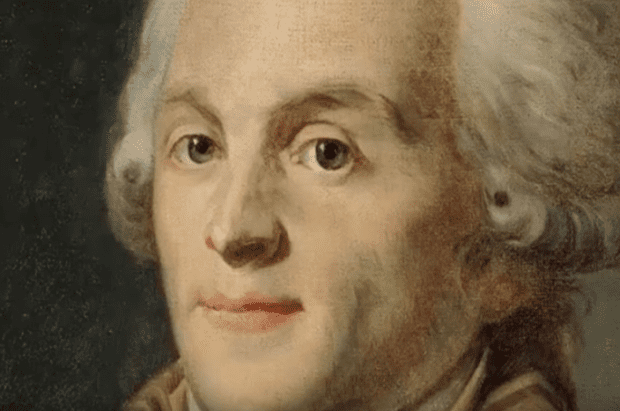The Robespierre Generation

Two great belief systems are clashing here. The older liberals tend to be individualistic and meritocratic. A citizen’s job is to be activist, compassionate and egalitarian. Boomers generally think they earned their success through effort and talent.
The younger militants tend to have been influenced by the cultural Marxism that is now the lingua franca in the elite academy. Group identity is what matters. Society is a clash of oppressed and oppressor groups. People who are successful usually got that way through some form of group privilege and a legacy of oppression.
The big generational clashes generally occur over definitions of professional excellence. The older liberals generally believe that the open exchange of ideas is an intrinsic good. Older liberal journalists generally believe that objectivity is an important ideal. But for many of the militants, these restraints are merely masks for the preservation of the existing power structures. They offer legitimacy to people and structures that are illegitimate.
When the generations clash, the older generation generally retreats. Nobody wants to be hated and declared a moral pariah by his or her employees. Nobody wants to seem outdated. If the war is between the left and Trumpian white nationalism, nobody wants to be seen siding with Trump.
Plus, the militants have more conviction. In the age of social media, virtue is not defined by how compassionately you act. Virtue is defined by how vehemently you react to that which you find offensive. Virtue involves the self-display of a certain indignant sensibility, and anybody who doesn’t display that sensibility is morally suspect.
Brooks says the same generation gap exists on the Right, but it’s less significant at the present time. More:
Whether on left or right, younger people have emerged in an era of lower social trust, less faith in institutions, a greater awareness of group identity. They live with the reality of tribal political warfare and are more formed by that warfare.
As Yeats might have said of the left today, “The best lack all conviction, while the worst/ Are full of passionate intensity.”
This column lights me up because it partially validates and explains that phenomenon I’ve been writing about repeatedly here: how people who grew up under European communism are starting to see signs of the totalitarian mentality of their youth emerge here in the West. They always talk about how the left-wing mob today tries to destroy you professionally and personally for the smallest infraction.
I think quite a few older liberals can’t bring themselves to admit what’s happening, in part because they desperately want to be on the side of the righteous. Part of it, as Brooks says, is fear of the young, and part of it, I think, is that Boomer worship of youth. Whatever the case, important liberal values are being thrown overboard in the hard lurch to port — and liberals aren’t holding the line.
One of you readers wrote to me in the last year or two, saying that he is a humanities teacher and the lone conservative on his particular faculty. He says he does not fear for his position as long as the older liberals are in charge. Though they disagree with his politics, cultural and otherwise, they believe in free speech and the open exchange of ideas. But when they’re gone, the Jacobins of his generation will take over, and all bets are off. They are true ideologues, and ruthless.
“Virtue involves the self-display of a certain indignant sensibility, and anybody who doesn’t display that sensibility is morally suspect,” writes Brooks, of the Millennial left. Here is an infamous passage from Maximilien Robespierre, the most vicious of the French revolutionaries:
If the spring of popular government in time of peace is virtue, the springs of popular government in revolution are at once virtue and terror: virtue, without which terror is fatal; terror, without which virtue is powerless. Terror is nothing other than justice, prompt, severe, inflexible; it is therefore an emanation of virtue; it is not so much a special principle as it is a consequence of the general principle of democracy applied to our country’s most urgent needs. (Report on the Principles of Political Morality, 1794)
Robespierre considered those in France who merely dissented from the ideals of the Revolution to be the same as criminals — and treated them as such. The Bolsheviks had a tutor.
We are moving in that direction in the United States. No, I don’t expect Robespierre on the Potomac or Stalin in the boardroom. Still, the signs of the times are clear. We have so many lessons to learn from those who endured Communism: lessons in how to identify the gathering danger, lessons in how to fight it, and, if we lose, lessons for how to endure its wrath and resist its corruptions without losing our integrity or our minds.
Subscribe for as little as $5/mo to start commenting on Rod’s blog.